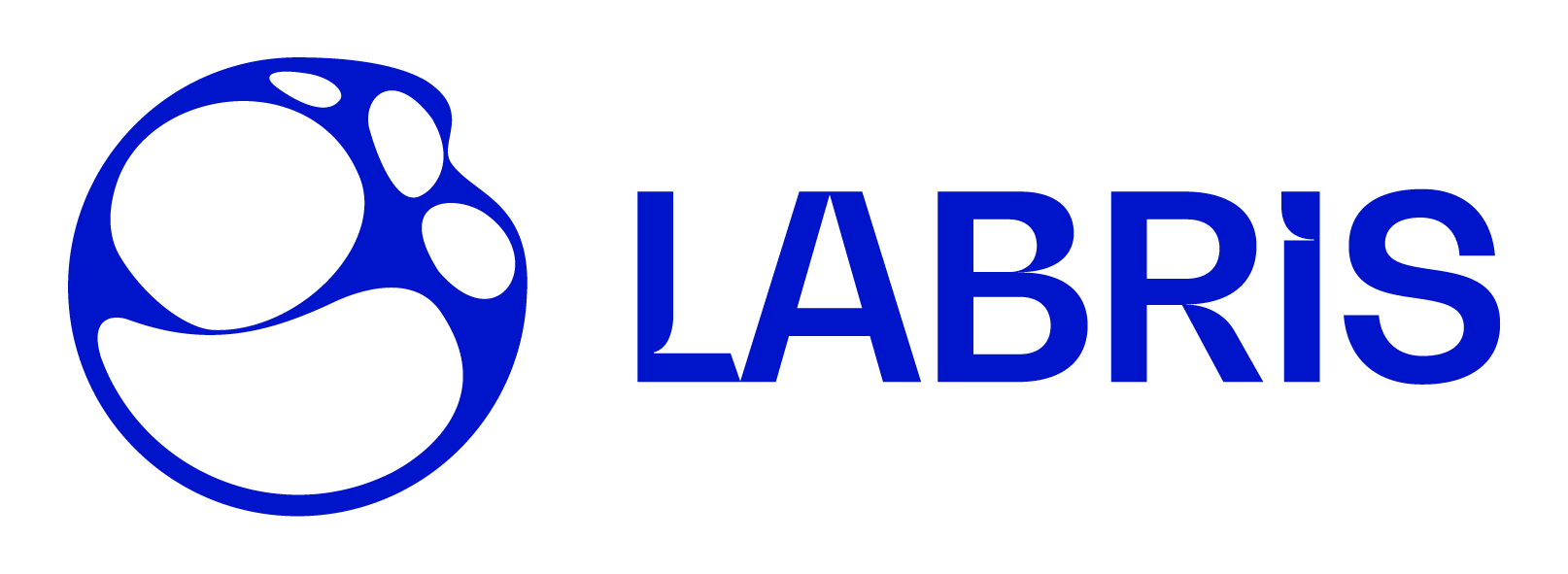Animal health
The National Centre for Laboratory Research and Risk Assessment (LABRIS) performs various pathological, histological, bacteriological, mycological, parasitological, virological, serological, and molecular diagnostic tests and analyses for diagnosing animal diseases and infections. Additionally, the centre assesses the susceptibility of pathogens to antimicrobials so that practicing veterinarians would be able to use the antibacterial agents responsibly and make substantiated treatment decisions.
All the laboratory tests and analyses of animal diseases and infections, as well as the related professional competence in this area have congregated in Tartu. In addition to performing laboratory analyses, the centre’s specialists offer consultations and support in interpreting test results.
National functions
The National Centre for Laboratory Research and Risk Assessment works in close co-operation with the Agriculture and Food Board in conducting analyses within the framework of national animal disease control programs, and in diagnosing dangerous and highly contagious animal diseases.
The centre’s laboratory in Tartu is constantly prepared to diagnose especially dangerous animal diseases (category A diseases), such as foot-and-mouth disease, highly pathogenic avian influenza, Newcastle disease, African swine fever, classical swine fever and bluetongue. Furthermore, the centre is prepared to test for animal diseases such as rabies, brucellosis, transmissible spongiform encephalopathies and many others. In questions related to the antimicrobial resistance (AMR) of zoonotic pathogens and bacteria of animal origin, the centre cooperates with the Health Board.
Services for the sector
In addition to performing national functions, the National Centre for Laboratory Research and Risk Assessment provides services to practicing veterinarians, veterinary clinics, animal owners, and other interested parties.
Co-operation with other laboratories
The National Centre for Laboratory Research and Risk Assessment has an extensive international network of contact laboratories. Most of our international partners are either reference laboratories or national central institutes for diagnosing animal diseases. Additionally, the centre co-operates with several laboratories from the private sector.
Research cooperation
The research and development activities of the National Centre for Laboratory Research and Risk Assessment are usually performed in cooperation with domestic research institutions such as the Estonian University of Life Sciences and University of Tartu, or international partners.
